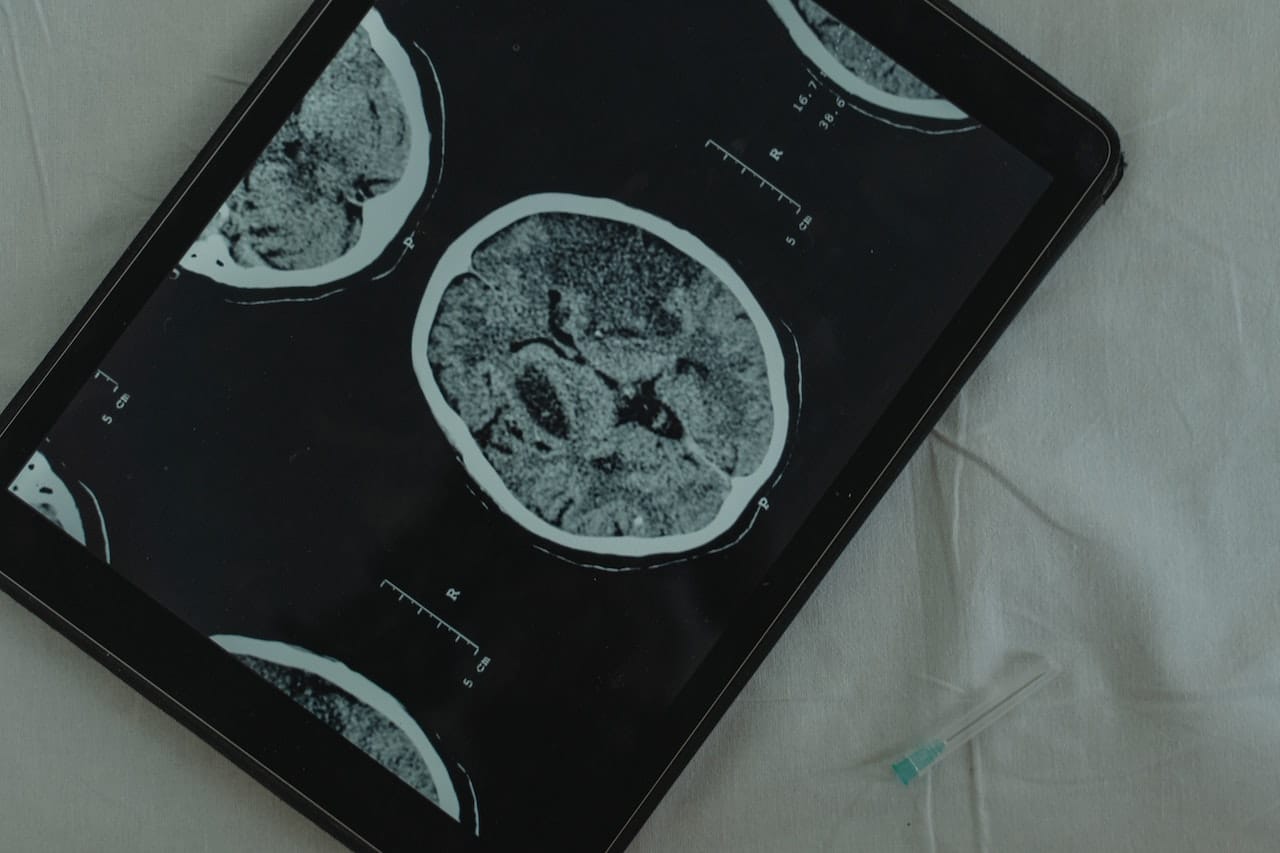Traumatic brain injuries (TBIs) are sudden, life-altering events that can occur to anyone, anywhere, at any time. Whether it’s the result of a car accident, a sports-related incident, or a fall, the consequences of a TBI can be devastating. This article explores the critical importance of early intervention in brain injury management, shedding light on why immediate action is crucial and the impact it can have on the road to recovery.
Understanding Traumatic Brain Injury
Before delving into the significance of early intervention, it’s essential to comprehend what a traumatic brain injury is. A traumatic brain injury occurs when an external force, such as a blow to the head or a sudden jolt, disrupts the normal functioning of the brain. This disruption can result in a wide range of symptoms and complications, from mild concussions to severe, life-threatening injuries.
TBIs can affect individuals of all ages, from infants to the elderly. Each year, millions of people worldwide suffer from TBIs, and the consequences can vary widely, depending on the severity of the injury and the promptness of intervention.
Immediate Intervention for Traumatic Brain Injury
When it comes to traumatic brain injuries, time is of the essence. Immediate intervention, often referred to as “early intervention,” is the prompt medical attention and care provided to a person who has sustained a TBI. This intervention is critical for several reasons:
Preventing Secondary Injury
One of the primary objectives of early intervention in brain injury management is to prevent secondary injury. After the initial trauma, the brain is vulnerable to further damage due to various factors, including swelling, bleeding, and changes in blood flow. Without timely medical attention, these secondary injuries can exacerbate the primary damage and lead to more severe and long-lasting consequences.
Reducing Long-Term Disabilities
Early intervention can significantly reduce the risk of long-term disabilities associated with traumatic brain injuries. For instance, in cases of severe TBI, prompt surgical intervention to relieve intracranial pressure can prevent extensive brain damage. In milder cases, early diagnosis and management can prevent cognitive and physical impairments from worsening over time.
Enhancing Recovery Potential
The brain is a remarkable organ with a remarkable ability to adapt and recover. However, this recovery potential can be optimised through early intervention. Medical professionals can implement strategies to support brain healing, such as neuroprotective medications and rehabilitation therapies, when the injury is identified early.
The Importance of Early Rehabilitation in Traumatic Brain Injury
While immediate medical attention is crucial, early rehabilitation is equally vital in the management of traumatic brain injuries. Rehabilitation focuses on helping individuals regain lost skills, relearn tasks, and adapt to their new circumstances. Here’s why early rehabilitation plays a pivotal role in the recovery process:
Maximising Functional Recovery
Early rehabilitation aims to maximise an individual’s functional recovery by addressing physical, cognitive, and emotional impairments. This includes physical therapy to improve strength and mobility, occupational therapy to regain daily living skills, and cognitive rehabilitation to enhance memory and problem-solving abilities.
Promoting Neuroplasticity
Neuroplasticity refers to the brain’s ability to reorganise and form new neural connections in response to injury. Early rehabilitation exercises stimulate neuroplasticity, encouraging the brain to adapt and compensate for damaged areas. This process can lead to significant improvements in a person’s functional abilities.
Preventing Secondary Complications
In addition to promoting recovery, early rehabilitation also plays a crucial role in preventing secondary complications that can arise from prolonged immobility or cognitive deficits. These complications can include muscle atrophy, pressure sores, and depression. Early rehabilitation helps mitigate these risks and ensures a smoother recovery journey.
The Holistic Approach to Early Intervention and Rehabilitation
Effective early intervention and rehabilitation for traumatic brain injuries require a holistic approach that encompasses various healthcare professionals and interventions. Here’s an overview of the multidisciplinary team involved in the management of TBIs:
Emergency Medical Personnel
Immediate intervention often begins at the scene of the injury, where paramedics and emergency medical personnel provide crucial medical care. This includes stabilising the patient, assessing vital signs, and ensuring the injured person is transported to a hospital equipped to handle traumatic brain injuries.
Neurosurgeons and Neurologists
Upon arrival at the hospital, neurosurgeons and neurologists play a pivotal role in diagnosing and treating traumatic brain injuries. They may perform diagnostic imaging, such as CT scans or MRIs, to assess the extent of the injury. In cases of severe TBI, surgical intervention may be necessary to relieve intracranial pressure or remove damaged tissue.
Rehabilitation Specialists
Rehabilitation specialists, including physical therapists, occupational therapists, and speech-language pathologists, work together to develop a tailored rehabilitation plan for each TBI patient. These professionals focus on improving physical, cognitive, and communication skills, ultimately helping individuals regain independence and quality of life.
Psychologists and Psychiatrists
The emotional and psychological impact of traumatic brain injuries should not be underestimated. Psychologists and psychiatrists provide essential support to TBI patients and their families, addressing issues such as depression, anxiety, and adjustment to life changes.
Supportive Services
Social workers, case managers, and support groups also play crucial roles in the holistic approach to TBI management. They assist patients and their families in navigating the healthcare system, accessing community resources, and providing emotional support throughout the recovery process.
Making a Serious Injury Claim with National Claims
At National Claims, we understand that the journey to recovery after a traumatic brain injury can be challenging, both emotionally and financially. We are committed to providing the support and guidance you need to make a serious injury claim and secure the compensation you deserve. Here’s how our dedicated team can assist you in your time of need:
Free Consultation
Our journey begins with a free consultation where we’ll listen to your story and assess the details of your traumatic brain injury. We understand that every case is unique, and we’re here to offer personalised guidance tailored to your specific situation.
Expert Assessment
Our experienced team of legal experts and medical professionals will conduct a thorough assessment of your case. We will work closely with healthcare providers to ensure that the full extent of your injuries and future medical needs is accurately determined.
Comprehensive Legal Support
We will handle all aspects of your legal claim, from gathering evidence and negotiating with insurance companies to representing you in court if necessary. Our goal is to secure the compensation you need to cover medical expenses, rehabilitation costs, lost income, and pain and suffering.
Ongoing Support
Throughout the claims process and your journey to recovery, National Claims will provide ongoing support and communication. We understand the physical, emotional, and financial challenges you may be facing, and we’re here to stand by your side every step of the way.

Conclusion
Traumatic brain injuries are life-changing events that demand swift and comprehensive intervention. Early intervention, including immediate medical attention and a well-coordinated healthcare team, is essential for preventing secondary injuries, minimising disabilities, and optimising recovery potential.
If you or a loved one has suffered a traumatic brain injury, National Claims is here to provide the support and legal guidance you need. Our compassionate team is dedicated to helping you make a serious injury claim and securing the compensation necessary to move forward with your life. Contact us today to begin your journey towards recovery and justice by starting your claim.
Click below to see why we are one of the most trusted claims management companies in the UK.

We’re proud of our excellent customer reviews
We thrive on delivering exceptional service and ensuring our clients’ satisfaction. Don’t just take our word for it. Check out some of our independent reviews to see what our clients have to say.
Excellent

This firm is excellent, they sorted out my car pay out and injury claim very fast, they always communicate with you all the time.

My accident case was dealt with confidence and with great result of the outcome, especially James kept me informed all the time.

I was very impressed at the way my inquiry was treated. I was listened to attentively and everything I needed to know was explained to me.






